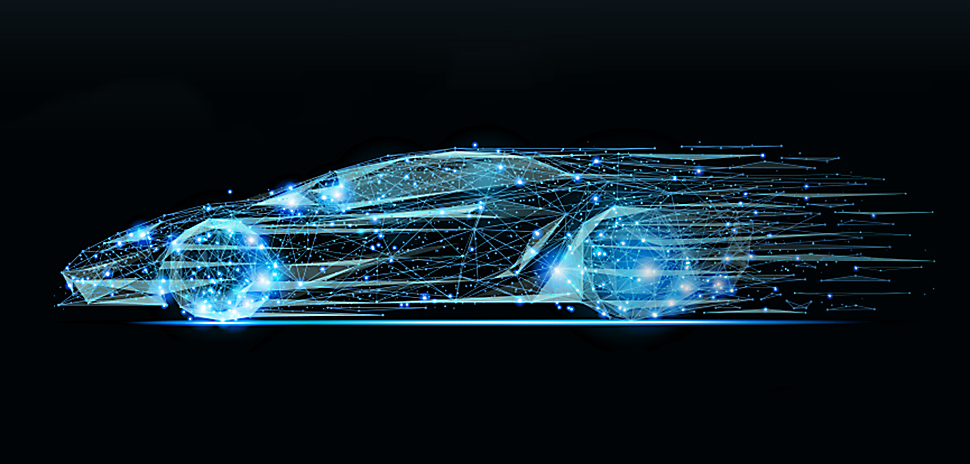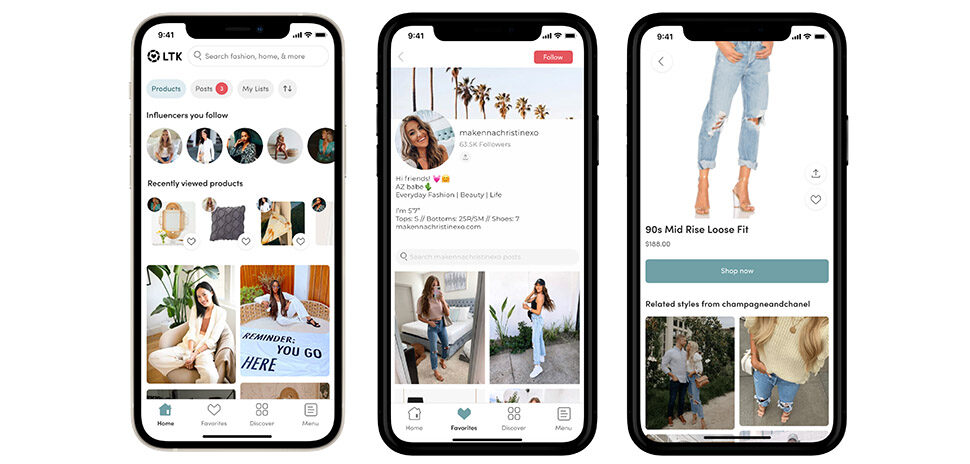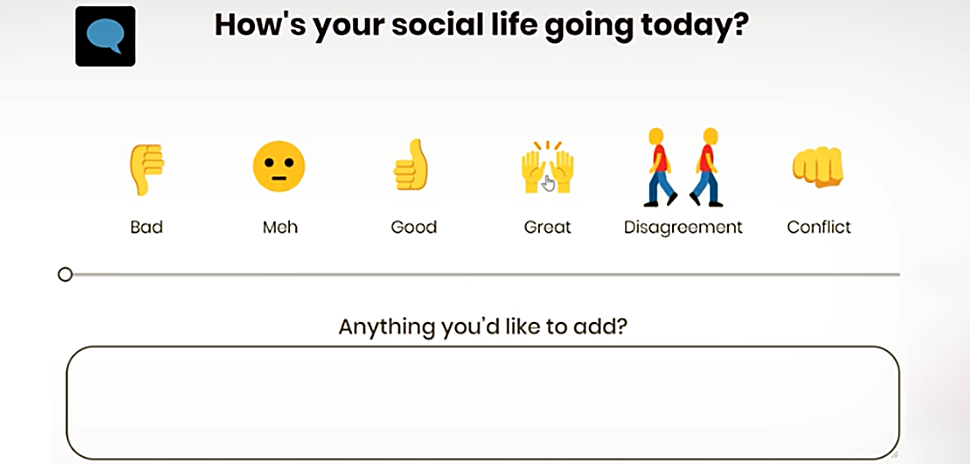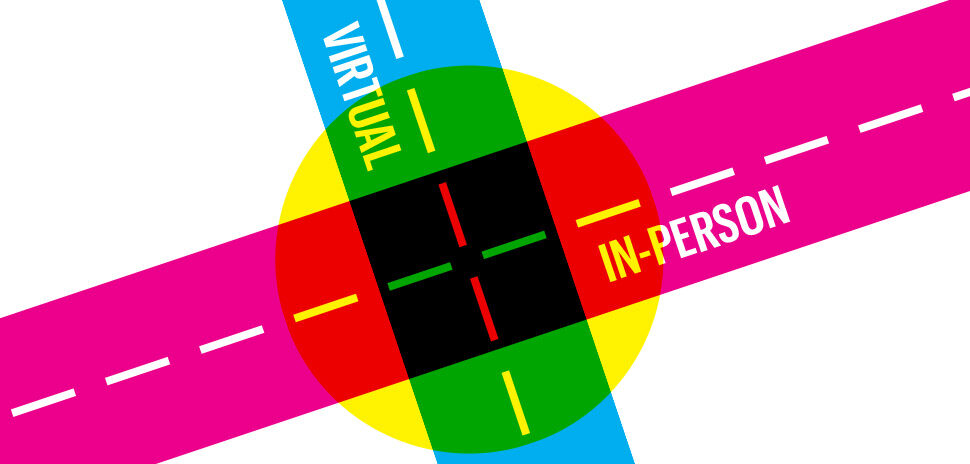There’s power in the pivot.
Vinli, a Dallas-based mobility startup with a data intelligence platform built for connected vehicles, announced closing a $13.5 million Series B funding round. Participants in the capital raise included both new and existing Vinli investors such as global electric utility provider, E.ON, The Westly Group, Hersh Family Investments, and Hal Brierley. The company also announced Konrad Augustin, Investment Director at E.ON Scouting and Co-Investments, and Kenneth Hersh, will join Vinli’s Board of Directors.
“We’re going to use the this new capital for a few things,” Vinli co-founder and CEO Mark Haidar told Dallas Innovates. “We want to make some key hires around in our executive team to grow our sales and partnerships in the space and we also want to invest in increasing our data intelligence and machine learning capabilities on top of our product Era which is now our marquee product and number three, we want to start building new capabilities in the company.”

Co-founder and CEO of Vinli, Mark Haidar. [Photo: Courtesy Vinli]
Haidar added the Series B ended up “a little bit” oversubscribed, but was around the amount the company was looking for and the hiring includes more data scientists and making investments in dedicated teams for growing the capabilities of Era.
A new era for Era
Vinli’s Era platform was part of a pivot unveiled last October at the same time the company announced a strategic partnership with France-based ALD Automotive, a global mobility solutions company, in a deal that combined ALD’s smart car data service and Vinli’s cloud-connected car and data intelligence program.
In the pivot, Vinli moved away from its direct-to-consumer hardware business model to a strategy of integrating its tech on the backend of the automotive value-chain through partnering with leading automotive brands as the way to reach customers instead of the previous direct channel strategy.
The Era platform was a key piece of that pivot, and Haidar was circumspect on what he was willing to discuss about what new capabilities are being built into Era. He did share that getting its machine learning AI “teaching” itself and automating the work behind building machine learning models and finding intelligence the data is one high level capability.
“Traditionally usually anyone can go and implement machine learning by hiring 50 data scientists. You can hire 50, 100 data scientists and spend tens of millions of dollars and you’ll end up getting some results with that,” said Haidar. “What Era does—and this is one of the really cool functionalities we implemented—is this automated way of normalizing the data, correlating the data and creating models from it without the need of a data scientist. Which is almost I would say 70 percent to 80 percent of doing any kind of work for machine learning. Era automates that for our partners which reduces their cost to create predictive models and significantly reduces their time for market.”
The next focus for Era’s engineers is driving value out of the data he said. This means going from being descriptive to being prescriptive. An example is Era will now recognize anomalies in its data such as the platform’s dashboard exhibiting an anomaly with the accelerometer. Looking into the incident further it turned out the vehicle was driving on a golf course and Era recognized that there was something wrong in the data it was receiving. The next step for Era is going from descriptive that something is wrong to being prescriptive and understanding that the “wrong” in the data is that someone is driving in an area where you typically don’t see a car explained Haidar.
Getting in front of a growing market
A secondary part of the Series B funding announcement was Vinli’s partnership with E.ON, a German holding company with one of the largest investor-owned electric utility service providers in the world. The strategy behind partnering with a utility company is in an electric vehicle-filled future, utilities will take the place of oil and gas giants as the suppliers for EV fuel.
The debate around an electric car future isn’t whether it’s happening or not, its about when it will be happening said Haidar. He ticked off a quick list of reasons: electric cars are cheaper to maintain, battery costs are going down, they are better for the environment, they are faster, and they last longer.
“Everything around an electric car is just astronomically better than a fuel-based car,” he said. “The future gas station is going to be a power plug. Just image the disruption that’s going to come into the industry when electric cars become more ubiquitous.”
The disruptions around EVs loom large for a wide range of products and services from the maintenance and service industry since EVs don’t need as much maintenance and service to the fact they don’t stand fuel like gas or diesel. As Haidar put it, “It just changing the whole automotive value chain.”
He added, with Vinli, we want to be aligned right from the early start as this industry is evolving to become the leader in providing services and values for electric vehicle. From the ability to manage the service and just the data from electric car, but also on the other side of that ecosystem, being the platform that enables intelligent access to charging stations and charging management.”
He described the partnership with E.ON as a first of its kind with the largest utility company in Europe partnering with a leader in data intelligence for mobility to “launch an end-to-end solution and work together towards launching an end to end solutions for managing mobility and charging for electric cars.”
In a statement, Frank Meyer, Senior Vice President Innovation and Customer Solutions at E.ON, said about the deal: “With the information from the car itself, we are closing a gap in our data world for eMobilty. By combining customer vehicle and network data, we can identify trends at an early stage and will continually create new digital mobility offerings for our customers. Beyond the competitive advantage, we see Vinli as an attractive investment. The company is the global innovation leader in a technology of the future.”
With the E.ON deal in place, Haidar said Vinli is in talks with utility company in the U.S. and around the world for additional partnerships to service what is shaping up to be a potentially massive marketplace. As an example, he imagines a world in just 15 years where 50 percent of new cars are electric and the U.S. alone has tens or even hundreds of millions of electric vehicles on the road. Just the infrastructure for that future could open utilities to a new market that is as big or bigger than electricity for the home.
“It will start accelerating very quickly and you do go working being reactive to that. You have to be proactive and have the infrastructure, the intelligence, the system, all of that, in place so as this becomes more and more prevalent, we are leading the way,” said Haidar.
![]()
Get on the list.
Dallas Innovates, every day.
Sign up to keep your eye on what’s new and next in Dallas-Fort Worth, every day.































